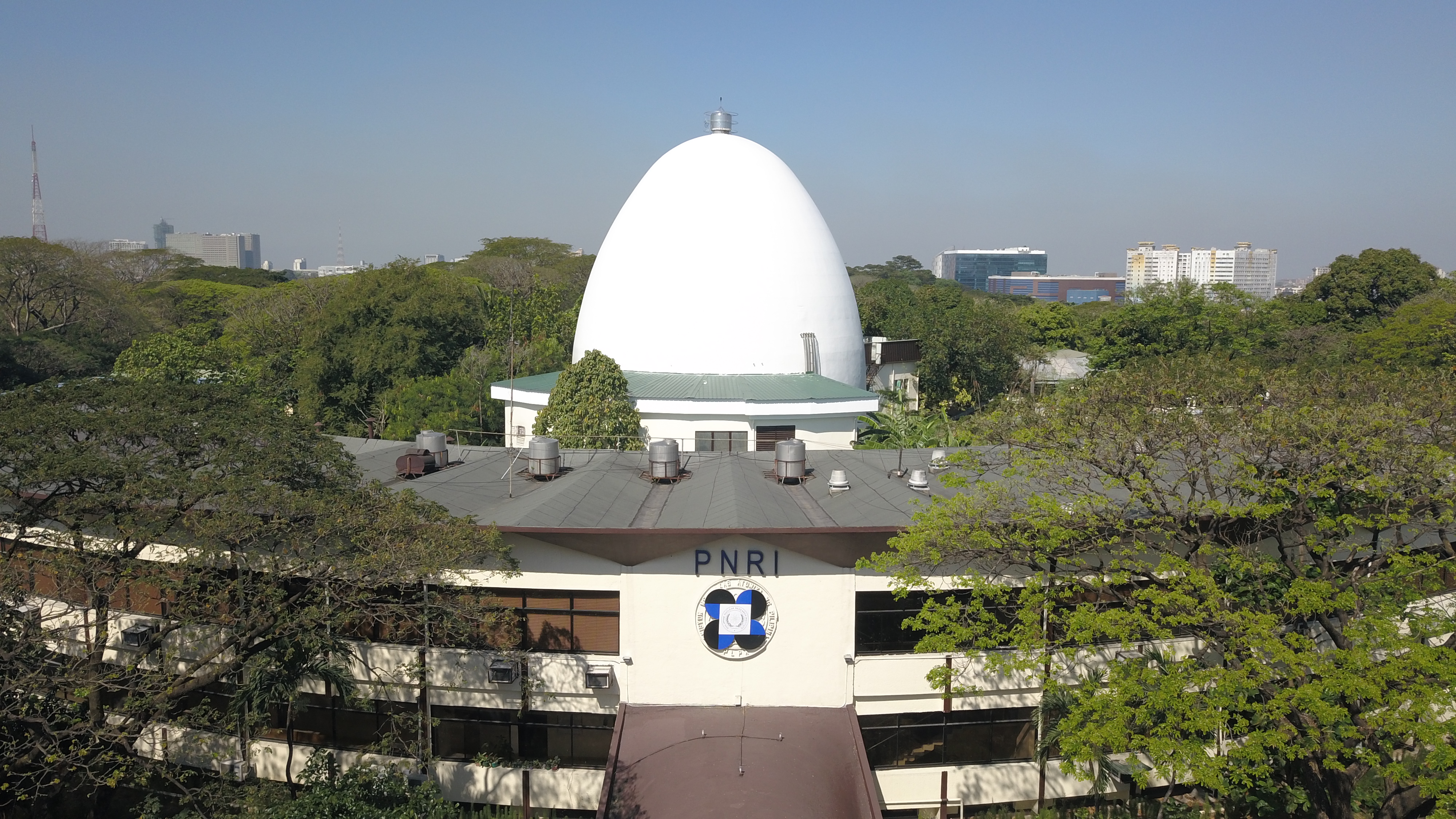
“These recommendations will result in more effective cooperation and coordination between national authorities and operators of facilities involving ionising radiation exposure for the enhancement of the country’s occupational radiation protection arrangements,” said Burcin Okyar, Coordinator of the mission and Radiation Safety Specialist in the IAEA’s Occupational Radiation Protection Unit.
In the Philippines, over 22 000 workers are occupationally exposed to radiation. ORPAS mission experts visited 16 facilities including: two national regulatory bodies (the Nuclear Regulatory Division of the Philippine Nuclear Research Institute – PNRI) and the Centre for Device Regulation, Radiation Health and Research – CDRRHR) of the Food and Drug Administration; four technical service providers; as well as four medical and six industrial facilities that have workers who are occupationally exposed to ionising radiation.
This mission was conducted at the request of the government after the Philippines adopted new national regulations within PNRI and CDRRHR more in line with the IAEA’s safety standards. The ORPAS mission included members from the United Arab Emirates, Japan, Singapore, Malaysia, Bosnia-Herzegovina, Lithuania, Bangladesh, Türkiye, and an observer from Thailand.
The team concluded that the Philippines had a comprehensive regulatory framework for occupational exposure compared with requirements of the IAEA. “The mission can be assessed as successful with excellent collaboration of Filipino counterparts with ORPAS team members during the mission,” said Aayda Al Shehhi, ORPAS Team Leader from the Federal Authority of Nuclear Regulation of the United Arab Emirates. “The ORPAS Team appreciates the open, cooperative and transparent approaches of all national counterparts who are keen for possible improvements and development of new visions in the field of occupational radiation protection.”
“The country’s commitment to continually improving radiation protection of workers and extending safety culture throughout all layers of organizations involved with radiation protection is an important strength of the country,” said Jizeng Ma, head of the IAEA’s Occupational Radiation Protection Unit.
Kristine Marie Romallosa Dean, Supervising Science Research Specialist at the Philippine Nuclear Research Institute and National Coordinator of the ORPAS mission, said: “The findings, recommendations and suggestions from the ORPAS Misson is invaluable for us. The conduct of the mission allowed active technical discussion among the reviewers and counterparts that it was not only an appraisal but a great learning experience as well. It also opened doors for potential collaborations among the counterparts and experts.”
Image: The Philippine Nuclear Research Institute in Quezon City (courtesy of PNRI)






